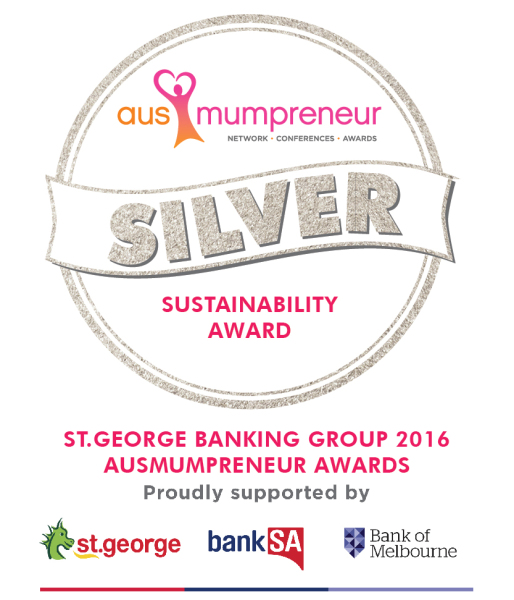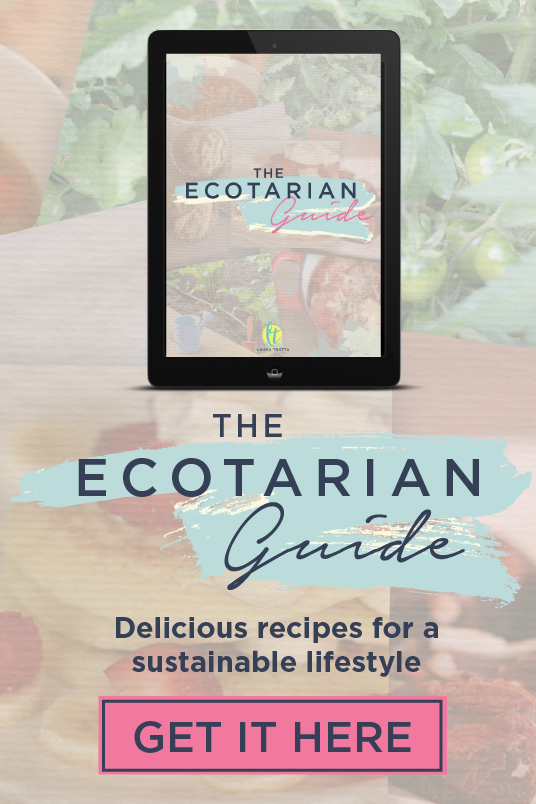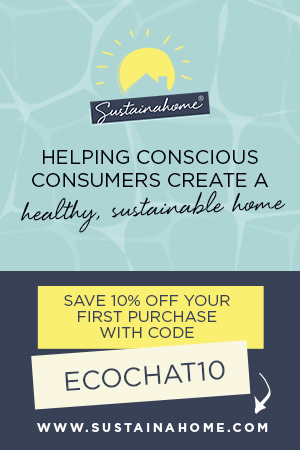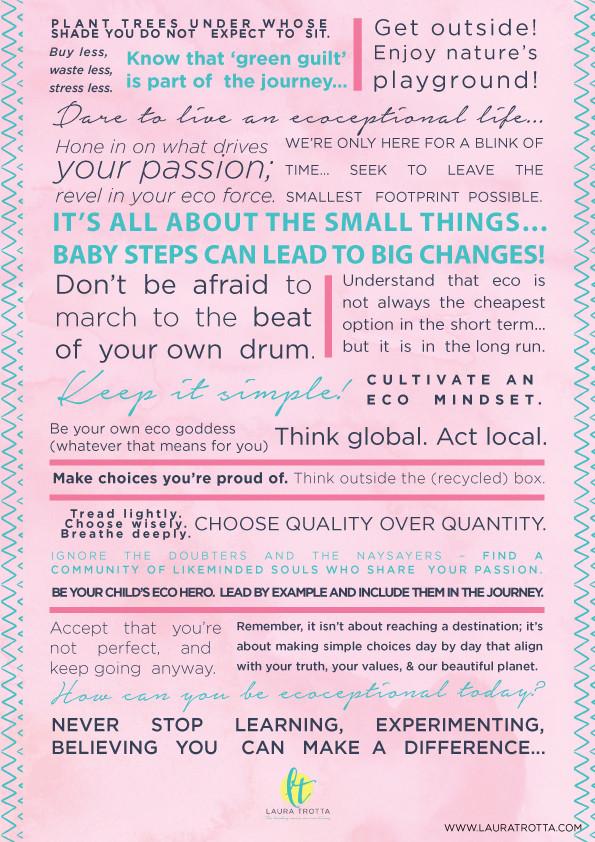Dr Kate Wylie is a GP, a mother and climate activist based in Adelaide, South Australia. She is also the founder of Climate Medicine, a member of Doctors for the Environment Australia and is a Climate Reality Leader. Dr Wylie educates the community and health professionals on the health impacts of climate change.
In this episode Dr Kate will share how the impact of climate change is already presenting in patients in her clinic, what key impacts to human health doctors are anticipating will become more common as our climate continues to change, and what led her to create Climate Medicine.
Podcast: Play In New Window
Subscribe in Apple Podcasts | Stitcher | Spotify
WELCOME TO ECO CHAT dr kate! COULD YOU SHARE YOUR BACKGROUND AND WHY YOUR WORK AS A MEDICAL DOCTOR HAS EXPANDED TO CLIMATE ACTIVISM?
Dr Kate
I’m a GP and work in a suburban practice in Adelaide, South Australia. I’ve also got a background in education and have been a tutor at an Adelaide medical school.
As a doctor my job is to look after people’s health. I see climate crisis from a medical perspective as a health problem. I can’t sit back and watch what’s happening in the world around us or the health effects of climate change, and not do something about it. I see climate activism as a core part of my job as a doctor.
Laura
I’ve come across a couple of other doctors that have said similar, but at the same time, many other doctors have the attitude of that’s not our job.
I can think of one particular doctor that I’ve met in Adelaide whose was also quite concerned and started to get involved and really passionate about climate change but then got quite overwhelmed with the seriousness and the work involved. They had to just step a few steps back because they were running their own health into the ground with the activism they were doing.
Do you find that that you struggle with that? Personally, I have struggled over the years. I’ve am so passionate, but at times I’ve had to say to myself, you need to let others step up to the plate as well.
Dr Kate
Absolutely. It’s one of those things, you’re so switched on to something and you can see all the problems that are there. And then you have a chat with somebody who is completely oblivious or in denial about the climate crisis and it’s really, really frustrating and it’s hard not to get a little bit overwhelmed or burnt out.
I’m involved with Doctors for the Environment, which is a group of doctors and medical students who volunteer their time to look after climate and health. And so having other people around me that agree with me and support me has been one of the most helpful things I’ve done and that’s been really great for my mental health.
CLIMATE CHANGE HAS TRADITIONALLY BEEN VIEWED AS AN ECONOMIC AND ENVIRONMENTAL ISSUE. wHY do WE NEED TO EXPAND OUR THINKING AND ALSO VIEW CLIMATE CHANGE AS A HUMAN HEALTH ISSUE?
Dr Kate
I find this one of the most frustrating things about the whole argument, even in Australia, climate change has become a highly politicised problem. Everyone complains about the money, but we know it’s actually cheaper to fix the problems.
In the medical community, the World Health Organisation and the Australian Medical Association have declared a climate emergency. And the reason they’re doing it is because it’s a health emergency. It’s the greatest health problem of our time.
So we’re talking about an increasingly hostile world, we’re talking about people dying from heatstroke. Heat waves are Australia’s most deadly natural disaster, more people die from heat than die from fires. And that’s a horrifying, terrifying, scary thing.
There’s a whole range of other health effects of climate change. Once we can acknowledge that climate change is a health issue, then that makes it a personal thing. It makes it something that affects me and my health, my family’s health, my friend’s health, and the health of all my patients in my community.
There was the landmark study that came out in 2009 by The Lancet, saying that climate change was the biggest global health threat of the 21st century. And it’s just something that no one’s paying attention, or they are slowly starting to pay attention too.
Laura
I remember there was a heatwave in Adelaide in January 2019. It was the hottest day ever recorded in an Australian capital city. A top of 46.6 degrees celsius. Usually, I ride my bike or catch the tram to work, but on this day, knowing how hot it would be, I drove my car so I could be in the air conditioning.
My office overlooks Victoria Square, where the tram stops in the city. When I looked out my window, you could see multiple ambulance officers helping individuals who were suffering from heat stroke after being on the hot crowded public transport system. People were just dropping like flies in the heat.
And that night when I got home, it was still 40 degrees, and our power had gone out. So at 10:30 at night we were down at the beach with our boys, in the water, trying to keep cool. As were many other families.
And then later that year we experience the catastrophic bushfires around Australian, that left a thick smoke haze over our cities, which was a major trigger for people with asthma. It leaves them struggling to breath because of the pollution.
Dr Kate
On those really warm days, if you are feeling a bit out of it, a bit agitated, water is our friend. Fill the bath up with water, or put your feet in a bucket of ice, put a wash cloth on the back of your head and try to get some air flow around you to help cool your body down.
HOW ARE YOU SEEING THE IMPACTS OF CLIMATE CHANGE CURRENTLY PRESENTING THEMSELVES IN PATIENTS IN YOUR CLINIC?
Dr Kate
In my clinic in Adelaide I’ve seen an increase in asthma allergies but the thing I see the most, that I find so sad, is the increase in mental illness.
For anybody whose eyes are open to the climate crisis, it’s really overwhelming. It’s devastating. We look at what’s coming, and we’re scared. I see a lot of people with mental illness in my practice, and young people particularly, I’ll always ask them if they’re concerned about the climate crisis, and almost always they are very disillusioned about their future. They feel like, what the point if we are all going to die? They want to see leadership. They want to world to be making that paradigm shift but they are not seeing it happen.
I’ve also met a number of young women who are considering whether or not they want to reproduce and I’ve met a number of people who have chosen not to, because of the climate crisis.
That sentence – choosing not to have children because of the climate crisis – that’s devastating.
‘m a mother, being a mother is one of the most wonderful parts of my life, it brings me joy every day. I’m so proud and grateful and just love it. And to see women feel like they have to make that choice, because they don’t want to bring their children into a warming planet, it’s a heartbreaking thing.
I try very hard to give those people questioning bringing children into the world hope for our future, to encourage them to be become an active part of the solution. To fight for climate justice together.
WHAT ARE SOME OF THE KEY IMPACTS TO HUMAN HEAlTH DOCTORS ARE ANTICIPATING WILL BECOME MORE COMMON AS OUR CLIMATE CONTINUES TO CHANGE?
Dr Kate
So we’ve talked about heatwaves, the other biggest extreme weather events are floods. Both heat and floods have an impact on food supplies globally. Climate change is affecting the availability of fresh water which is essential for life.
Floods also increase the spread of infectious diseases. With the floods in NSW recently, there were some sewage systems which were flooding so we saw an increase in diarrheal infectious diseases there.
Globally, the big disease from floods is Cholera. It’s a massively infectious, often fatal disease that’s spread during foods. There’s also Malaria, Dengue Fever in Australia, Ross River fever and Barmah Forest virus. These are diseases spread by insects, especially mosquitoes, and so when there is flooding, we get an increase in those diseases.
Another big thing we are expecting to see more of are climate change refugees. So as parts of the world become less and less habitable, we’re going to see more civil displacement. And that means increased resources and civil conflict associated with climate change.
And we can’t go through this whole chat, without mentioning Covid. It’s a global pandemic, but climate change is going to be bigger than Covid as a health problem.
COVID is a vector borne disease. So it’s a disease where a virus that was in an animal population has jumped to humans and the human population has spread it around the world.
As we continue to deforest out planet, we will become closer again to these diseases. We are going to get more and more global pandemics from viruses as time ensues. I’m not a gambling person, but if I was, I’d predict that there will be more global virus pandemics over the coming decades unless we start respecting natural systems, unless we start respecting the needs of nature, its just going to get bigger and bigger.
Laura
As part of my environmental science and engineering studies, we learn about the Darwinian theories and the survival of the fittest, and that our population can only grow to that which its resources can sustain that population.
As a doctor, do you think that the human race has reached it’s limit? Could climate change, covid, and all these things impacting us, be nature’s way of trying to bring the human population back in check? Is this natural selection at play?
Dr Kate
Yes, I think there’s an element of that. It’s a hard thing to measure and a hard thing to prove.
You do have to wonder about it. I think the whole Darwinian theory, does make sense to me. It’s just a theory, but we are pushing and pushing and pushing and at some stage, things just have to fight back.
What we are doing and the way we are going it, is not only destroying our planet for humans, we’re destroying the lives of all animals, of entire ecosystems.
As I tell my kids, we’re the only animal that destroys its home.
We need to stop destroying our plant, and start restoring it.
Let’s start healing our planet.
IF YOU COULD PRESCRIBE A CURE FOR CLIMATE CHANGE, WHAT WOULD IT ENTAIL?
Dr Kate
I love this question!
First of all, we have to acknowledge the problem. In medicine, you cannot treat a problem until you have the diagnosis.
So let’s own it.
Let’s say, YES, we are in climate crisis.
By declaring a climate emergency, we are saying yes there is a problem and we need to do something about it.
Second of all, let’s stop making it worse. And the way to stop making it worse is to stop burning fossil fuels like, this is the most obvious no brainer. The way we combust coal, oil and gas are the fundamental drivers of global warming, they are the fundamental cause of the climate crisis. But we don’t need them. We’ve got lots of technology now that can replace our use of coal, oil and gas. It’s out of laziness that we haven’t stopped and made the switch.
And how about we stop chopping down the trees? And stop polluting our oceans. Let’s stop making it worse. And then let’s try and mend it. Let’s try and repair it, let’s try and heal it.
Individual action is really important. You might think you are one little tomato on the vine, but there are a lot of things individuals can do to help and which really add up to make a big difference.
I’ve created a list of 10 actions we can all do as individuals (check out the Climate Medicine website for more details)
They are:
- LEARN for your climate. We all need to understand the problem. Let’s look it up and learn about what’s going on in the world. Great websites include NASA, the Australian Bureau of Meteorology or the Emissions Gap Report is a great place to start.
- TALK for your climate. Talking to each other helps us learn and helps us network to create positive change. Let’s talk about the elephant in the room. Most Australians are concerned about climate change so we don’t need to be shy.
- EAT for your climate. Eating more plants and less meat, eating locally sourced food and not wasting food can dramatically reduce our footprint. The Planetary Health Diet is designed to both limit warming and feed the planet.
- WATER for your climate. Water is a precious resource. We can act to conserve water, with rain water tanks and urban design and we can support policies that prioritise peoples water needs over those of mining and water intensive crops.
- PLANT for your climate. Get in the garden, grow your own food and get involved with tree planting schemes. Trees use carbon dioxide to grow and are our best tool to reduce atmospheric carbon.
- POWER for your climate. Switch to a renewable energy provider and turn off the gas. Buy panels and a battery if you can afford to.
- TRANSPORT for your climate. Use public transport, walk or cycle whenever you can. Look at getting an electric car or a hybrid. Try not to fly.
- FINANCE for your climate. Divest your banking, super and insurance from institutions that support fossil fuels to those that don’t. Invest ethically and support businesses that are trying to do the right thing.
- VOTE for your climate. It is vital that we have a political response to the climate crisis. Compare the parties climate policies and think climate when you vote. Contact your representatives and tell them to act on the climate crisis. Sign petitions, write letters, visit politicians and attend peaceful protests.
- ACT for your climate. Ask yourself what you can do to help? Maybe you can get involved with a local tree planting group. Or chat to your workplace about establishing a recycling and composting system. Every little idea that is put into action is a move towards a brighter future.
Now is the time for us all to act to save our planet.
Final Thoughts
Well there you have it! I hope you found this episode useful. For further information on Dr Kate Wylie and her work, visit the Climate Medicine website and follow her on Facebook.
If you’re ready to reduce your emissions, your household waste, live toxin-free and embrace a more sustainable lifestyle with the support of Laura, join the Self Sufficiency in the Suburbs community for just $1 today!
Over to you!
Like this episode? You’ll also love….
[67] Climate Change – What it is and Why We Need to do Something About It
[82] How to Build a Sustainable Home in the Suburbs – Part 1 and [122] Part 2
[87] What is The Paris Agreement?
[135] Climate Change and YOU – 8 Things You Can Do to Combat Climate Change
[142] Why are Councils Declaring a Climate Emergency?
[147] How Climate Change is Fuelling Bushfires
- Sustainable Home Design- factors to consider to maximise sustainability - July 28, 2022
- Advantage and Disadvantages of Tiny Houses - May 31, 2022
- How School Strike 4 Climate is Empowering Youth to Fight for Their Future - May 1, 2022

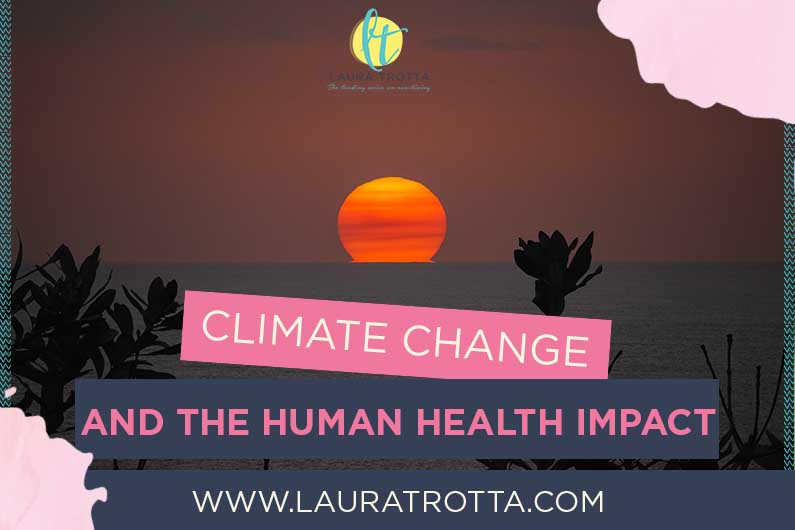
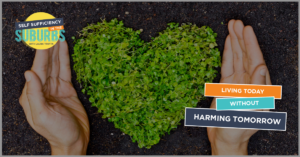
 Laura Trotta is one of Australia’s leading home sustainability experts. She has a Bachelor of Environmental Engineering, a Masters of Science (in Environmental Chemistry) and spent 11 years working as an environmental professional before creating her first online eco business, Sustainababy, in 2009. She has won numerous regional and national awards for her fresh and inspiring take on living an ‘ecoceptional’ life (including most recently winning the Brand South Australia Flinders University Education Award (2015) for the north-west region in SA and silver in the Eco-friendly category of the 2015 Ausmumpreneur Awards). With a regular segment on ABC Radio and with her work featured in publications like Nurture Parenting and My Child Magazine, Laura is an eco thought leader who’s not afraid to challenge the status quo. A passionate believer in addressing the small things to achieve big change, and protecting the planet in practical ways, Laura lives with her husband and two sons in outback South Australia.
Laura Trotta is one of Australia’s leading home sustainability experts. She has a Bachelor of Environmental Engineering, a Masters of Science (in Environmental Chemistry) and spent 11 years working as an environmental professional before creating her first online eco business, Sustainababy, in 2009. She has won numerous regional and national awards for her fresh and inspiring take on living an ‘ecoceptional’ life (including most recently winning the Brand South Australia Flinders University Education Award (2015) for the north-west region in SA and silver in the Eco-friendly category of the 2015 Ausmumpreneur Awards). With a regular segment on ABC Radio and with her work featured in publications like Nurture Parenting and My Child Magazine, Laura is an eco thought leader who’s not afraid to challenge the status quo. A passionate believer in addressing the small things to achieve big change, and protecting the planet in practical ways, Laura lives with her husband and two sons in outback South Australia. 